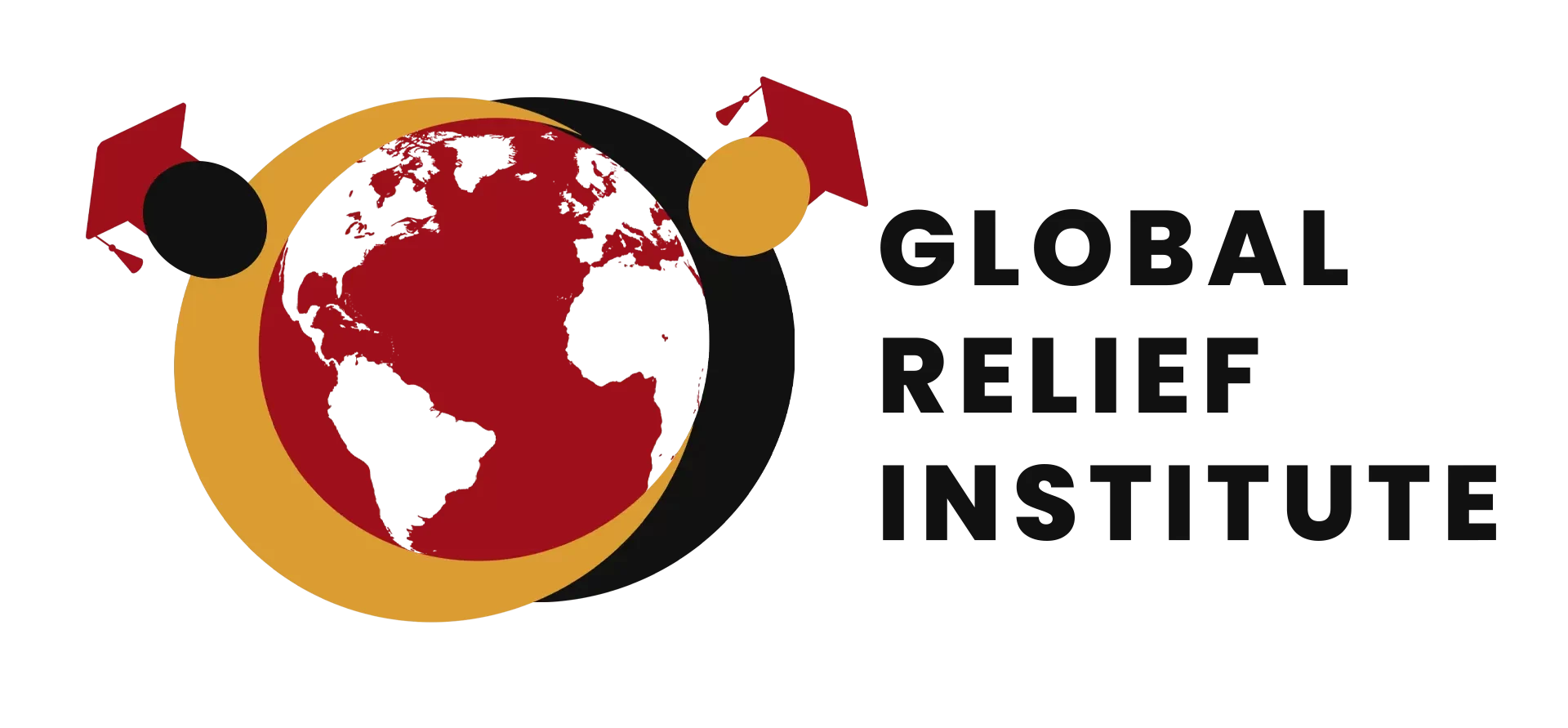Course Overview
Conflicts cannot be eliminated completely. They are likely to reoccur in different ways often and there is need to manage them well to either benefit from them or build good working relationships with partners and governments. Conflicts have either positive or negative consequences depending on how the conflict situation is handled.
The course will benefit learners by helping them know and change dysfunctional conflict resolution styles, such as confrontation, threats, anger, and unfair treatment, to equipping them with real-life scenarios explaining how other conflict scenarios were handled.
With the media being a powerful tool as far as the reputation of any organization is concerned, the course will equip learners on how to handle the media as a tool of communication and other social cites when conflict strikes.
This course doesn’t look at conflict in the place of work only but also from places of residence because if an employee has a domestic conflict there are chances that work output of that employee will not be to par. Domestic conflicts are almost inevitable and this course is likely to motivate employees in any organization on how to address disputes more quickly and effectively preventing them from growing into domestic crises.
The course aims to ensure learners see any conflict situation as an opportunity to build positive relationships, create beneficial coalitions, foster communication, and innovate new ideas, rules, and laws.
Specifically, the course will equip students with knowledge and skills on how to manage conflict while working collaboratively towards a win-win resolution for the effected parties.
Course Content
- Introduction to conflict.
- Organizational Conflict
- Recognize the five styles of conflict resolution, the benefits and pitfalls of each style.
- Dimensions of Conflict Management
- Conflict Management Styles
- Negotiate to Resolve Conflict
- Ethics Of Humanitarian Intervention
- CASE STUDY: Conflict Resolution
RESEARCH PAPER
Students will be required to choose a research topic and share it with the moderator. Upon agreement, learners will write a proposal and do corrections based on feedback. The students will then proceed with writing chapters three, four, and five of the paper. Guidelines will be provided on the format preferred by the institute.
FINAL EXAMINATION
Minimum Entry Requirements
Common regulations governing Post-Graduate Diplomas shall be applicable
The following shall be eligible for admission
- Holders of a Bachelor’s Degree from a recognized university
- Holders of an equivalent qualification from any other recognized institution
Practicum
- Candidates shall be expected to submit 10 Assignments (8 ASSIGNMENTS, 1 FINAL EXAM AND PROJECT PAPER)
DURATION: 12 Months
REGIONS TARGETED: Global
COURSE FEE: €1500
ORGANIZERS: GRI
LANGUAGE: English and French
FORMAT: Online Learning
GENERAL COURSE CONTACT:



